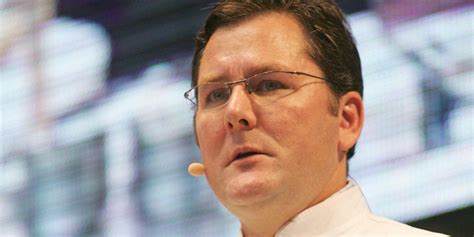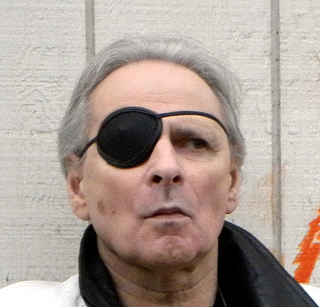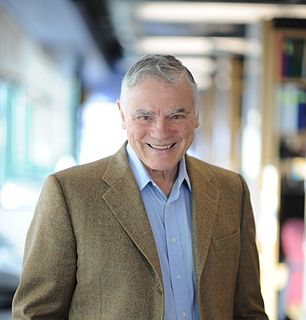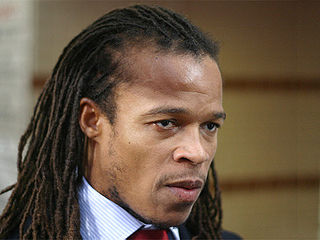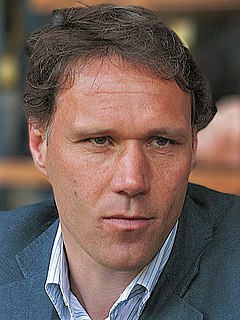A Quote by Peter Hans Kolvenbach
Solidarity is learned through 'contact' rather than 'concepts.' Students in the course of their formation, must let the gritty reality of this world into their lives, so they can learn to feel it, think about it critically, respond to its suffering and engage it constructively. They should learn to perceive, think, judge, choose and act for the rights of others, especially the disadvantaged and the oppressed.
Related Quotes
Do not avoid contact with suffering or close your eyes before suffering. Do not lose awareness of the existence of suffering in the life of the world. Find ways to be with those who are suffering by all means, including personal contact and visits, images, sounds. By such means, awaken yourself and others to the reality of suffering in the world.
Do you have any idea how many lives we must have gone through before we even get the first idea that there is more to life than eating, or fighting, or power in the Flock? A thousand lives, Jon, ten thousand! And then another hundred lives until we began to learn that there is such a thing as perfection, and another hundred again to get the idea that our purpose for living is to find that perfection and show it forth... we choose our next world through what we learn in this one. Learn nothing, and the next world is the same as this one, all the same limitations and lead weights to overcome.
A vision of a desired future allows you to engage and identify immediately in your focus with an improved condition. It changes what you perceive and how you perform NOW. It's not about achieving something in time. It's rather about the quality of choices you are making in this moment - what you choose to perceive, feel, and do. It's about getting the most out of your experience.
If the students don't want to learn about evolution, they shouldn't be in the course. A biology course that teaches creationism is not a science course, it's a religion course. So the students demanding that creationism be given credence in that course are out of line and are denying the academic freedom of the professor. They are calling into question the scientific basis of the material that's being presented. And students are not in a position to do that.
Since [narcissists] deep down, feel themselves to be faultless, it is inevitable that when they are in conflict with the world they will invariably perceive the conflict as the world's fault. Since they must deny their own badness, they must perceive others as bad. They project their own evil onto the world. They never think of themselves as evil, on the other hand, they consequently see much evil in others.



